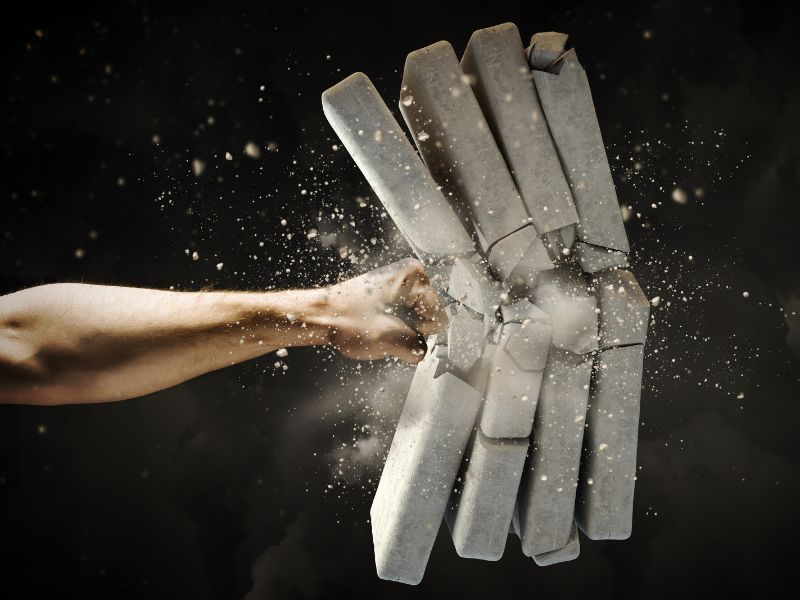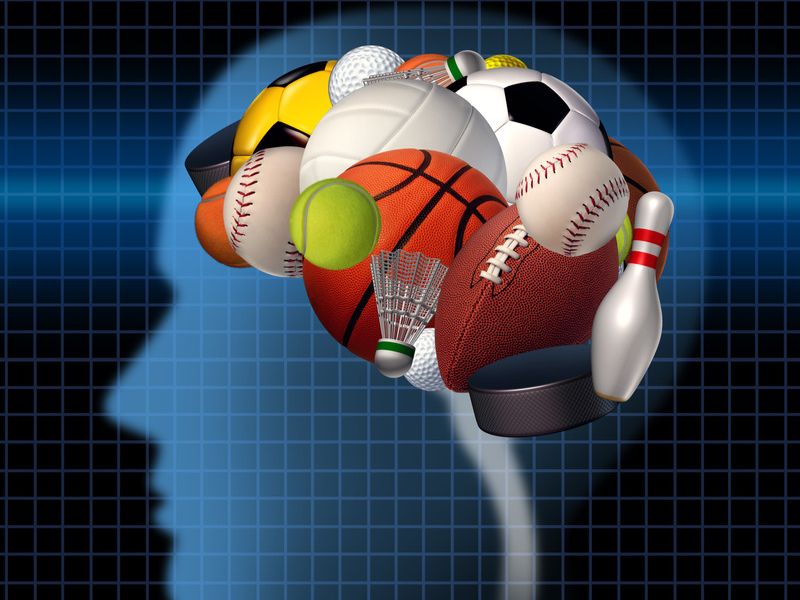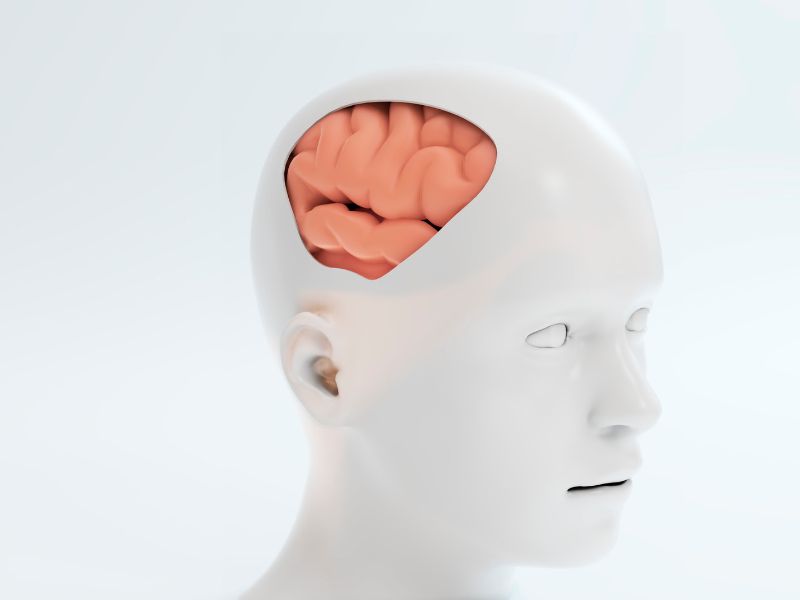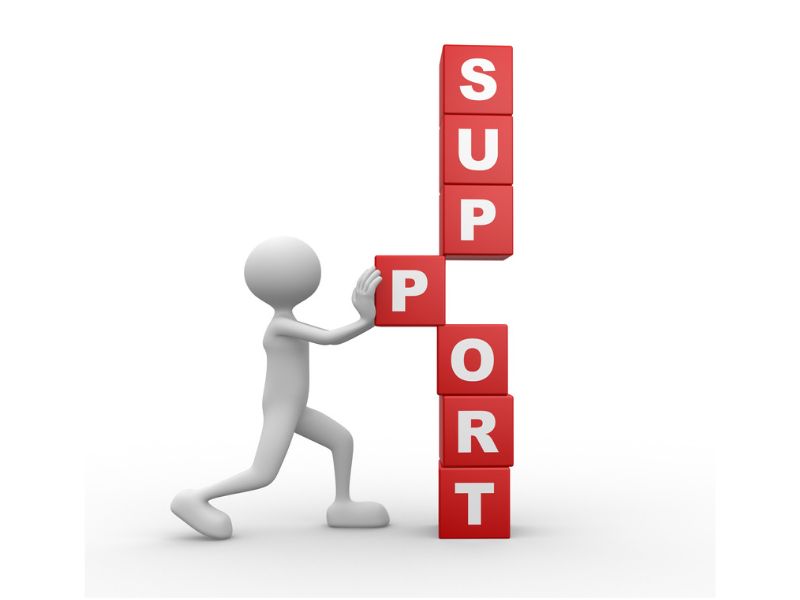In the thrilling world of sports, pushing the limits often comes with the risk of injuries. But have you ever considered the mental toll these injuries take on athletes? Join us as we dive into the often uncharted territory of sports injuries’ impact on athletes’ mental health and explore ways to overcome these hidden challenges for those who’ve experienced injuries on their path to glory. Whether you’re an athlete yourself, recovering from a sports injury, or simply intrigued by this lesser-known aspect of sports – this blog post is for you!
When sports and injuries collide: exploring the physical toll of playing hard

The psychological Impact of Sports Injuries is often under estimated amongst athletes. It can have long-lasting effects on both physical and mental health. It’s important to understand the impact of sports injuries on athletes’ mental health because it can affect their overall well-being and performance. According to recent studies, athletes who experience sports injuries are at a higher risk of developing mental health issues such as depression, anxiety, and PTSD. By exploring the psychological effects of sports injuries on athletes, we can better understand how to support them during the recovery process.
Sports injuries can have a significant impact on an athlete’s physical health. Depending on the type and severity of the injury, athletes may experience pain, swelling, stiffness, or limited mobility. The rehabilitation process can also be challenging and time-consuming, requiring athletes to undergo physical therapy or surgery in some cases. Additionally, repeated sports injuries can lead to long-term health consequences such as arthritis or chronic pain. It’s important for athletes to take care of their bodies and seek proper medical attention when necessary.
When the body takes a hit, the mind takes a toll – diving into the deep end of the psychological impact of sports injuries

In addition to the physical effects of sports injuries, athletes may also experience psychological effects such as depression, anxiety, or PTSD. These mental health issues can be caused by a variety of factors including the stress of competition, fear of re-injury, or loss of identity. Athletes may feel isolated or disconnected from their sport and struggle with feelings of sadness or hopelessness. An athlete’s performance and well-being may suffer as a result of these mental health concerns.
Common Emotional Responses to Sports-Related Injuries

Athletes who suffer from injuries often experience a range of emotions, including frustration, anger, sadness, and anxiety. These emotions can have a significant impact on their mental health and well-being.
Depression
One of the most common emotional responses to sports injuries is depression. Athletes who are injured may feel like they have lost a part of their identity and purpose. They may also feel isolated from their team and the sport they love. This can lead to feelings of hopelessness, helplessness, and worthlessness.
Anxiety
Another psychological effect of sports injuries is anxiety. Athletes may worry about how long it will take to recover from their injury or if they will ever be able to play again. They may also worry about losing their spot on the team or missing out on important games or events.
Anger
In addition to depression and anxiety, athletes who suffer from sports injuries may also experience anger and frustration. They may feel like their injury was unfair or that they could have done something differently to prevent it. This can lead to feelings of resentment towards themselves, their teammates, coaches, or even the sport itself.
Finding Support During Recovery

It’s important for athletes who are injured to seek support from friends, family members, coaches, or mental health professionals. Talking about their feelings and concerns can help them process their emotions and develop coping strategies. It’s also important for athletes to stay involved in their sport in some way, whether it’s through attending games or practices or helping out with coaching. In conclusion, sports injuries can have a significant impact on an athlete’s mental health and well-being. It’s important for athletes to recognize and address the psychological effects of their injuries in order to promote healing and recovery both physically and mentally.
Coping Strategies for Injured Athletes

There are several coping strategies that athletes can use to manage the mental health effects of sports injuries. One effective strategy is to seek professional help from a therapist or counsellor who can provide support and guidance during the recovery process. Additionally, exercise and physical activity can help improve mood and reduce stress levels. Meditation or mindfulness practices can also be helpful for managing anxiety or depression. It’s important for athletes to find coping mechanisms that work best for them and to prioritize their mental health during the recovery process. By taking care of their mental health, athletes can improve their overall well-being and performance on and off the field.
Calgary Psychological Services at Alberta Back and Neck Rehab
At the Alberta Back and Neck Rehab Clinic, we understand that injuries can have both physical and mental impacts on our patients. That’s why we offer a range of psychological services in addition to our injury rehabilitation services. Our clinic provides cognitive behavioural therapy (CBT) to help patients manage mental health issues such as anxiety, depression, and PTSD. CBT is a proven approach that helps patients identify negative thought patterns and replace them with positive ones. By offering these psychological services, we aim to provide comprehensive care for our patients so that they can recover both physically and mentally. If you’re interested in learning more about our psychological services, click here or call our clinic today at: (403) 234-0040. You can also book an appointment online by clicking here.
We Are Here To Help!
Our Calgary based clinic is comprised of a multidisciplinary team of Doctors, physiotherapists, chiropractors, massage therapists, acupuncturists, psychologists, and more. Our state-of-the-art facility is equipped to treat a wide range of athletic injuries. We can help with a wide range of issues, including sports injuries, arthritis, headaches, joint injuries, back pain, neck pain, shoulder pain to name a few.
Conclusion
In conclusion, sports injuries can have a significant impact on both physical and mental health for athletes. By understanding the psychological effects of sports injuries, we can better support athletes during the recovery process and help them prioritize their mental health. Coping mechanisms such as therapy, exercise, and meditation can be effective strategies for managing mental health issues related to sports injuries. It’s important for athletes to take care of their bodies and minds during the recovery process so that they can return to competition feeling confident and healthy. w




